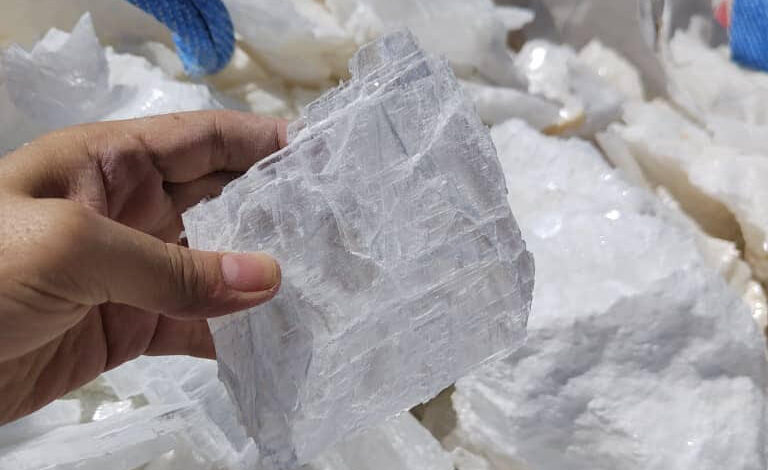Chalk: A Versatile Tool for Education, Industry, and Beyond
Chalk is more than just a classroom staple; it plays a significant role in various industries and everyday life. Whether used for writing, construction, or art, chalk’s versatility and affordability make it an essential material. In this article, we will explore the different types of chalk, its wide range of applications, and why it continues to be an indispensable resource. Chalk supplier
What is Chalk?
Understanding Chalk and Its Composition
Chalk is a soft, white, porous sedimentary rock composed primarily of calcium carbonate (CaCO3). Formed from the skeletal remains of marine organisms, chalk has been used for centuries in various forms. The most common type, natural chalk, is quarried and processed into sticks, powder, or blocks for different uses.
Types of Chalk
- Blackboard Chalk: Traditionally made from calcium carbonate, this type is widely used in education for writing on blackboards and other surfaces.
- Sidewalk Chalk: Usually larger and more colorful than blackboard chalk, sidewalk chalk is primarily used for outdoor drawing and marking.
- Industrial Chalk: This type includes chalk used in construction, metalworking, and other industries, often made from more durable materials like gypsum or magnesium carbonate.
Key Applications of Chalk
Education and Learning
Chalk remains a vital tool in classrooms worldwide. Despite the advent of digital technology, many educators still rely on blackboard chalk for teaching. Its ease of use, cost-effectiveness, and ability to create clear, erasable markings make it ideal for educational settings. Chalkboards offer a tactile learning experience that enhances student engagement and interaction.
Industrial Uses
Chalk’s applications extend far beyond the classroom. In construction, industrial chalk is used for marking surfaces, creating guidelines, and even in the production of cement. The construction industry relies on chalk for its durability and precision in marking out areas on concrete, metal, and wood. Additionally, in metalworking, chalk is used to mark hot metal because it can withstand high temperatures without burning.
Art and Creativity
Chalk has been embraced by artists for its unique properties. Sidewalk chalk is a popular medium for street art, allowing artists to create temporary works on pavements. Chalk pastels, another form of chalk, are used in fine art for drawing and sketching, offering a range of vibrant colors and textures. Chalk’s versatility in art makes it a favorite among both professionals and hobbyists.
Sports and Athletics
In sports, chalk is essential for improving grip and performance. Gymnasts, weightlifters, and rock climbers use chalk to keep their hands dry, reducing the risk of slipping. Chalk’s moisture-absorbing properties enhance safety and performance, making it an integral part of athletic gear.
Benefits of Using Chalk
Eco-Friendly and Non-Toxic
Chalk is a natural, non-toxic material that is safe for both children and adults. Its biodegradability and lack of harmful chemicals make it an eco-friendly choice for various applications. Unlike many modern alternatives, chalk does not contribute to environmental pollution and is easy to clean up after use.
Affordable and Accessible
One of the primary advantages of chalk is its affordability. Whether for educational purposes, industrial use, or artistic expression, chalk is widely available and cost-effective. Its low price point makes it accessible to a broad range of users, from students to professionals.Chalk supplier
Versatile and Durable
Chalk’s versatility is unmatched. It can be used on multiple surfaces, from blackboards and pavements to metal and wood. Its durability in industrial settings and flexibility in artistic applications make it a valuable tool across various fields. Chalk’s ability to withstand high temperatures and environmental conditions further enhances its appeal.Chalk supplier

